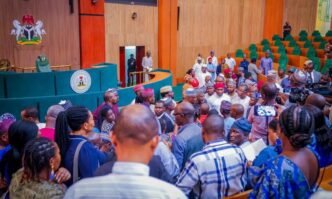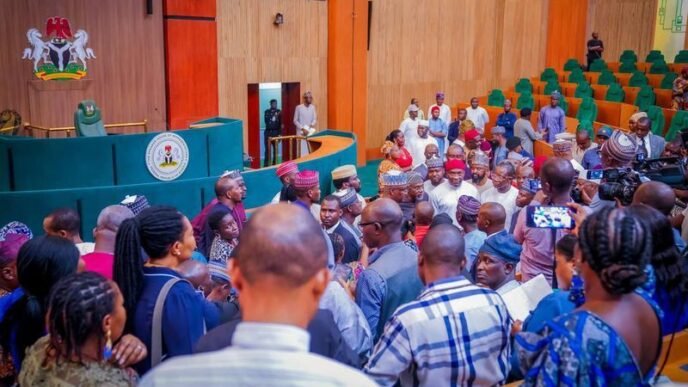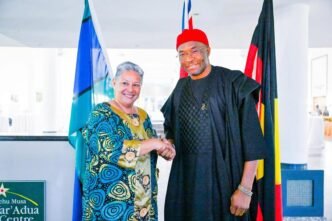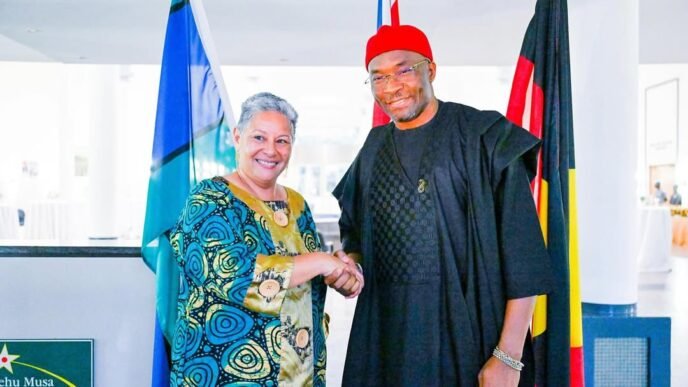HB: 1197 A BILL FOR AN ACT TO ALTER THE PROVISIONS OF THE CONSTITUTION OF THE FEDERAL REPUBLIC OF NIGERIA 1999, TO REGULATE THE APPLICATION OF REGIONAL AND INTERNATIONAL HUMAN RIGHTS TREATIES RATIFIED BY NIGERIA; AND FOR RELATED MATTERS Bill Sponsor: Hon. Daniel Asama Ago Bill Progress: Committee Stage
This Bill seeks to alter Section 12 of the Constitution of the Federal Republic of Nigeria, 1999 to regulate the application of regional and international human rights treaties ratified by Nigeria.
A new legislative proposal, HB 1197, has emerged with the objective of amending the 1999 Constitution of the Federal Republic of Nigeria to enhance the application of human rights treaties within the country. This proposed bill aims to create a structured framework for how regional and international human rights agreements, which Nigeria has signed and ratified, are implemented and enforced in its legal system.
One of the primary aims of HB 1197 is to establish clearer guidelines regarding the status of these human rights treaties in relation to domestic law. By defining how these treaties will be integrated into the Nigerian legal framework, the bill seeks to ensure that international human rights obligations are not only recognized but actively enforced. This could involve outlining specific mechanisms for implementation and clarifying how courts should interpret these treaties when adjudicating cases.
The inclusion of the phrase “and for related matters” indicates that the bill may also tackle other consequential issues that arise from incorporating human rights treaties. These could include the mechanisms for enforcing these treaties, the responsibilities of various state institutions, and the role of the judiciary in applying these international standards. Such comprehensive provisions aim to eliminate confusion and ambiguity that may currently exist in how Nigeria applies its human rights obligations domestically.
By proposing HB 1197, lawmakers are signaling a renewed commitment to strengthening human rights protections in Nigeria. Advocates of the bill argue that a clearer legal framework will lead to better enforcement of human rights standards and greater accountability for violations. Additionally, this structured approach aims to enhance public awareness and understanding of human rights treaties and their significance within Nigeria’s legal context.
As discussions around the bill progress, the involvement of various stakeholders, including legal experts, human rights organizations, and lawmakers, will be crucial in refining its provisions. Input from these groups will help ensure that HB 1197 effectively addresses the complexities involved in integrating international human rights law into Nigeria’s domestic framework.
If passed, HB 1197 has the potential to transform the landscape of human rights in Nigeria, offering clearer pathways for implementation and enforcement. By providing constitutional clarity and a structured approach, the bill aims to enhance how human rights are protected and adjudicated within the country.
In summary, HB 1197 represents an important step toward fortifying Nigeria’s commitment to international human rights standards. Through its proposed amendments, the legislation seeks to clarify the application of human rights treaties and improve their enforcement, ultimately striving for a more just and equitable society. As the legislative process unfolds, the implications of this bill for human rights protections in Nigeria will be closely monitored by advocates and the public.









